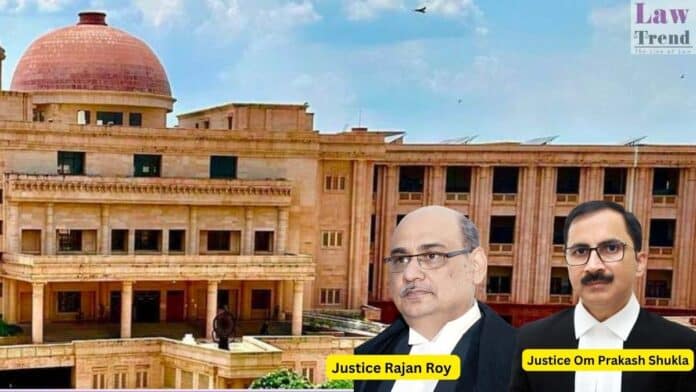The Allahabad High Court has ruled that a mental disorder, without sufficient proof of its severity and impact on marital cohabitation, does not justify the dissolution of a marriage under Section 13(1)(iii) of the Hindu Marriage Act, 1955. The decision, delivered on October 24, 2024, by a Division Bench comprising Justice Om Prakash Shukla and
To Read More Please Subscribe to VIP Membership for Unlimited Access to All the Articles, Download Available Copies of Judgments/Order, Acess to Central/State Bare Acts, Advertisement Free Content, Access to More than 4000 Legal Drafts( Readymade Editable Formats of Suits, Petitions, Writs, Legal Notices, Divorce Petitions, 138 Notices, Bail Applications etc.) in Hindi and English.




